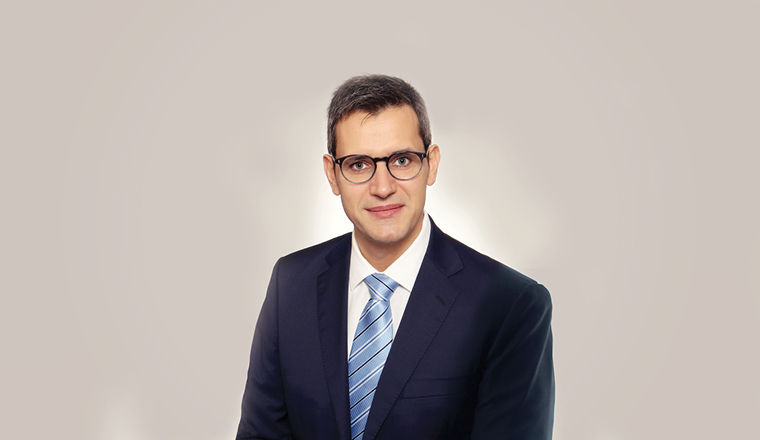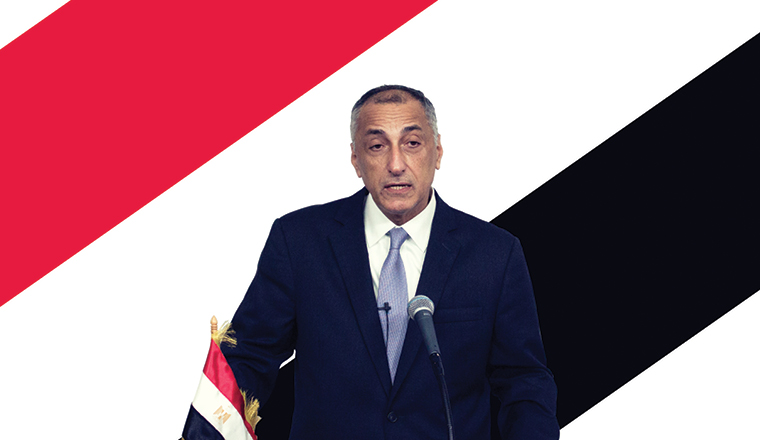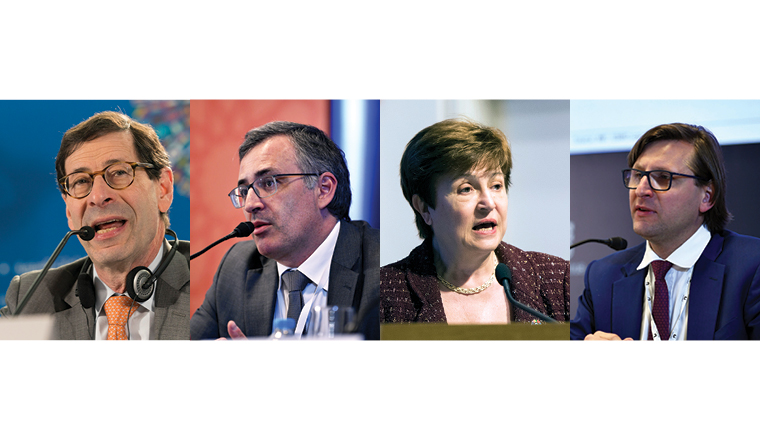The governor of the Bank of Latvia, Ilmārs Rimšēvičs, says he is confident that
Political Risk
Ukraine’s most recent political crisis couldn’t have come at a worse time, as banks go bankrupt and investors lose faith in Ukrainian debt.
It caused a certain amount of surprise in financial circles when Lado Gurgenidze was made prime minister of Georgia in November 2007.
Gurgenidze is a well-known figure in east European finance – a former head of CIS corporate finance at ABN Amro, who then re-located from London to Tbilisi in 2004 to become CEO of the Bank of Georgia, which he turned into the country’s leading private bank and the only Georgian company to list on the LSE. The company is the pride of Georgia, having attracted over 200 institutional investors, and appreciated over 1000% since flotation.

Multilateral development bank hires former World Bank VP to oversee policy.


The Middle East’s bond machine has started rolling this year with major issuance from fixed income darling Saudi Arabia, and analysts reckon the region is set for a decent year in the capital markets.

Union Bancaire Privée (UBP) has hired Marc Basselier as head of convertible bonds, a product that looks to offer investors some diversification as the global credit cycle turns away from cheap money.

The Nigerian financial sector is mired in liquidity shortages, the economy continues its slow progress out of recession, the Central Bank is in a major dispute with mobile operator MTN, and some international banks have packed their bags.


Egypt’s central banker, Tarek Amer explains value of trust


Strong trade winds are blowing throughout Sub Saharan Africa. Pushing companies forward are rising oil and commodity prices, but throwing the continent’s businesses off course is a deterioration of trust after a spate of defaults and the end of cheap credit globally.

